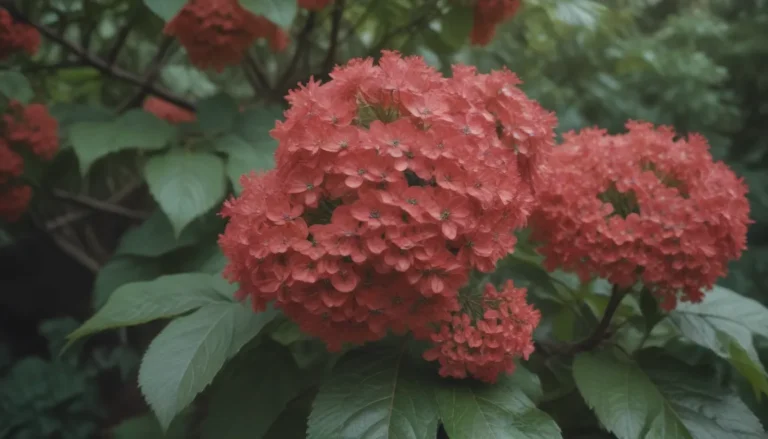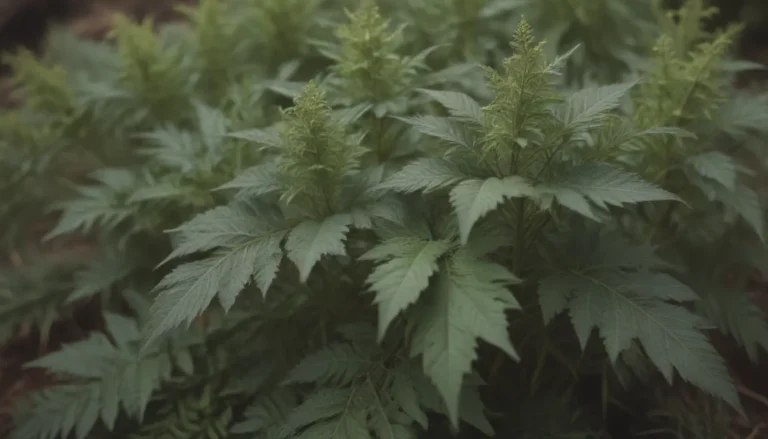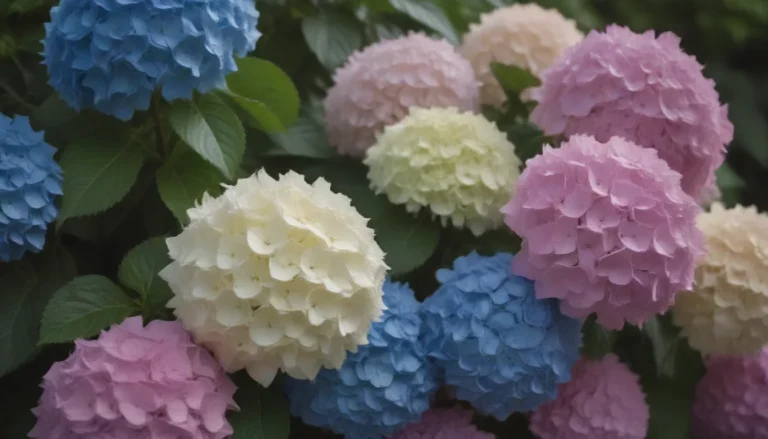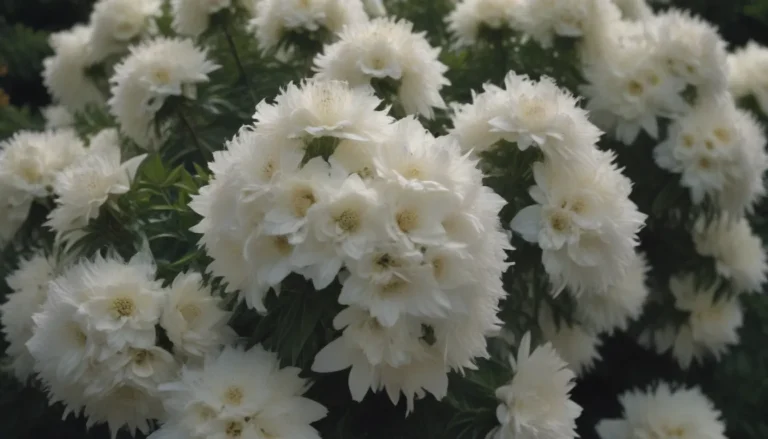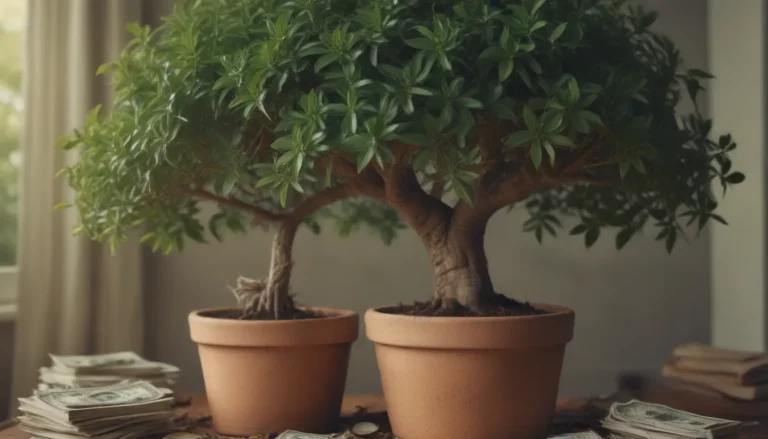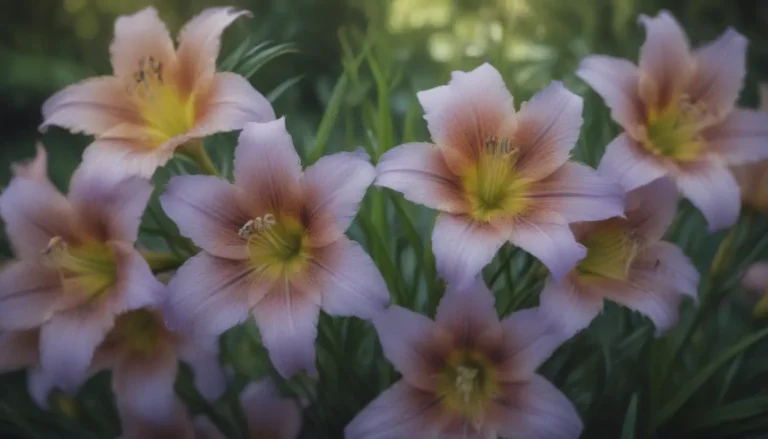8 Types of Landscaping Rocks and How to Choose the Right One for Your Yard
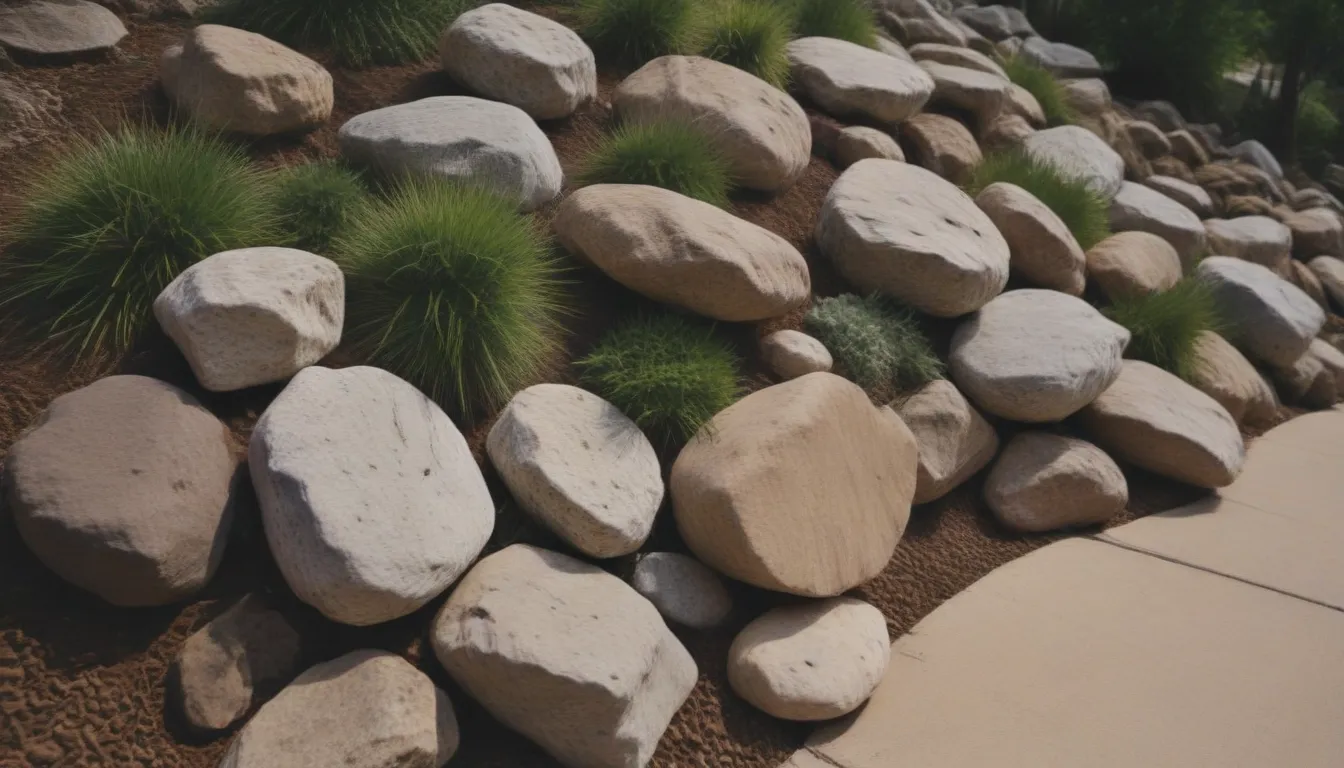
Landscaping rocks, also known as stones, are a versatile and popular hardscaping material that can enhance the beauty of your property while serving a variety of purposes. Whether you want to add accents to your garden, create water features, build walkways, or address drainage issues, landscaping rocks can be a valuable addition to your outdoor space. With so many options available, choosing the right type of landscaping rock for your yard can be overwhelming, but fear not! In this comprehensive guide, we will explore eight different types of landscaping rocks and provide you with the information you need to make an informed decision.
Crushed Stone
Best for: Mulch
Crushed stone, made from stone quarries, is an inorganic type of mulch that is durable and low-maintenance. It is ideal for mulching around plants and creating dog-friendly areas in your yard. Crushed stone allows water and oxygen to penetrate the soil while minimizing the mess caused by digging and wear and tear from pets. When using crushed stone as mulch, it is best to choose drought-resistant plants and avoid applying the stone directly against your plants.
- Pros:
- More durable than most mulches
- Permits water and oxygen penetration
- Superior appearance around trees, shrubs, cacti, and succulents
- Cons:
- Not as soft to walk on as wood or straw mulch
- Leaves can sink between stones and weeds may sprout
Black Polished Pebbles
Best for: Accents in water features
Black polished pebbles are decorative stones that can add a touch of elegance to your outdoor space. These quartzite stones have been tumble-polished to give them a shiny finish, making them ideal for water features and other landscaping uses. While black polished pebbles can be more expensive than natural beach pebbles, they offer a sophisticated look that can enhance the aesthetic of your garden.
- Pros:
- Highly ornamental
- Adds contrast to your landscape
- Cons:
- Shine may fade over time
River Rocks
Best for: Dry creek beds
River rocks, gathered from river beds, are naturally rounded and smoothed stones that come in various sizes. These rocks are perfect for creating dry creek beds, which serve both aesthetic and practical purposes in your yard. Dry creek beds can help prevent water pooling and improve drainage in areas where excess water flows or collects.
- Pros:
- Natural appearance
- Effective drainage solution
- Cons:
- May need a mix of sizes for best results
Lava Rocks
Best for: Accents in rock gardens
Lava rocks, available in red or black, can add a pop of color to your rock garden or serve as accents in your outdoor space. These rocks are versatile and can complement a variety of plant materials and landscape features. While red lava rocks are popular for their vibrant color, black lava rocks offer a more subtle look that can enhance the overall aesthetic of your garden.
- Pros:
- Adds color to your landscape
- Ideal for rock gardens and fire pits
- Cons:
- May fade over time
Flagstone
Best for: Walkways and patios
Flagstone, a type of sedimentary rock, is a popular choice for walkways and patios due to its flatness and durability. These flat slabs come in various colors and shapes, making them a versatile option for both formal and informal landscaping projects. While flagstone can be more labor-intensive to install compared to concrete pavers, its unique appearance and durability make it a popular choice for outdoor walkways and patios.
- Pros:
- Durable and long-lasting
- Adds visual interest to your landscape
- Cons:
- Labor-intensive installation process
Cobblestone
Best for: Driveway aprons
Cobblestones, also known as Belgian blocks, are traditional stones that can add a touch of charm to your driveway aprons. These rectangular stones come in various materials, including basalt, limestone, and granite, and are ideal for creating a classic look in your outdoor space. While cobblestones can be more expensive than other types of pavers, their durability and timeless appeal make them a popular choice for driveway aprons and other landscaping projects.
- Pros:
- Traditional and charming
- Durable and long-lasting
- Cons:
- Cost may be prohibitive for some
Fieldstone
Best for: Stone walls, including stone retaining walls
Fieldstone, rocks originally gathered from farmers’ fields, are ideal for building stone walls and retaining walls in your yard. These rocks come in various shapes and sizes, making them a versatile option for creating unique landscaping features. Whether you prefer mortared or mortarless walls, fieldstone can add a natural and rustic look to your outdoor space.
- Pros:
- Versatile and natural appearance
- Ideal for creating stone walls and retaining walls
- Cons:
- Heavy and may require professional help for installation
Boulders
Best for: Terracing, accents that need to show up from a distance
Boulders, large rocks that can add structure and visual interest to your landscape, are ideal for terracing and creating focal points in your outdoor space. While boulders are heavy and may require professional help for installation, they can create a dramatic impact in your yard and serve as a durable and long-lasting feature.
- Pros:
- Adds structure and focal points to your landscape
- Creates a dramatic impact
- Cons:
- Heavy and may require professional installation
Choosing Landscaping Rock
When selecting landscaping rock for your yard, consider the following factors:
- Size: Small stones are ideal for mulching and drainage, while larger stones are best for structural elements like retaining walls.
- Color: Choose colors that complement your existing landscape and plants to create a cohesive look.
- Cost: Some types of landscaping rock can be expensive, so consider your budget when making your selection.
- Ease of Use: Consider the installation process and whether you will need professional help for more complex projects like boulder installation.
By carefully considering these factors and exploring the various types of landscaping rock available, you can choose the right option for your yard that will enhance the beauty and functionality of your outdoor space. Whether you’re looking to add accents to your garden, create structural elements, or improve drainage, landscaping rocks can be a valuable addition to your landscaping toolkit.
In conclusion, landscaping rocks are a versatile and durable hardscaping material that can enhance the beauty of your yard while serving a variety of purposes. By exploring the eight different types of landscaping rocks and considering factors like size, color, cost, and ease of use, you can choose the right option for your outdoor space. Whether you’re mulching around plants, creating water features, building walkways, or adding accents to your garden, landscaping rocks can be a valuable addition to your landscaping toolkit. So, go ahead and transform your yard with the beauty and functionality of landscaping rocks!
